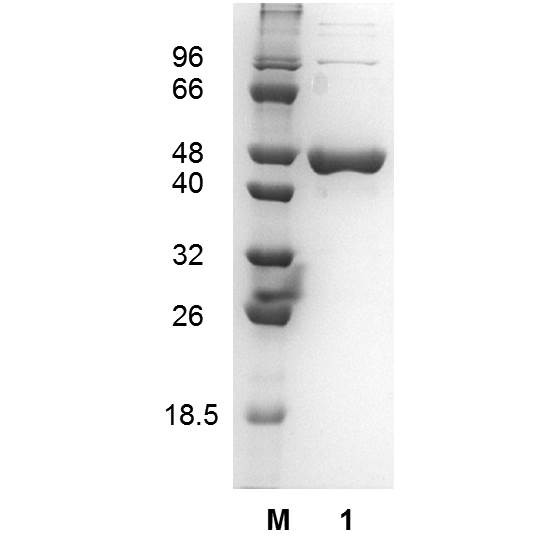Cookie preferences
This website uses cookies, which are necessary for the technical operation of the website and are always set. Other cookies, which increase the comfort when using this website, are used for direct advertising or to facilitate interaction with other websites and social networks, are only set with your consent.
Configuration
Technically required
These cookies are necessary for the basic functions of the shop.
"Allow all cookies" cookie
"Decline all cookies" cookie
CSRF token
Cookie preferences
Currency change
Customer-specific caching
FACT-Finder tracking
Individual prices
Selected shop
Session
Comfort functions
These cookies are used to make the shopping experience even more appealing, for example for the recognition of the visitor.
Note
Show the facebook fanpage in the right blod sidebar
Statistics & Tracking
Affiliate program
Conversion and usertracking via Google Tag Manager
Track device being used

| Item number | Size | Datasheet | Manual | SDS | Delivery time | Quantity | Price |
|---|---|---|---|---|---|---|---|
| NZY-AE00041 | 2500 U | - | - |
10 - 14 business days* |
189.00€
|
If you have any questions, please use our Contact Form.
You can also order by e-mail: info@biomol.com
Larger quantity required? Request bulk
You can also order by e-mail: info@biomol.com
Larger quantity required? Request bulk
Citrate synthase (E.C. 2.3.3.1) is purified from a recombinant E. coli strain. The enzyme exists... more
Product information "Citrate synthase (EC 2.3.3.1), Escherichia coli"
Citrate synthase (E.C. 2.3.3.1) is purified from a recombinant E. coli strain. The enzyme exists in nearly all living cells and stands as a pace-making enzyme in the first step of the Krebs Cycle. Citrate synthase is localized within eukaryotic cells in the mitochondrial matrix, but is encoded by nuclear DNA rather than mitochondrial. It is synthesized using cytoplasmic ribosomes, then transported into the mitochondrial matrix. Citrate synthase is commonly used as a quantitative enzyme marker for the presence of intact mitochondria. Citrate synthase catalyses the condensation reaction of acetyl-CoA and oxaloacetate producing citrate. Oxaloacetate will be regenerated after the completion of one round of the Krebs Cycle. Oxaloacetate is the first substrate to bind to the enzyme. This induces the enzyme to change its conformation, and creates a binding site for the acetyl-CoA. Only when this citroyl-CoA has formed will another conformational change cause thioester hydrolysis and release coenzyme A. This ensures that the energy released from the thioester bond cleavage will drive the condensation. The enzyme is provided in 3.2 M ammonium sulphate. Activity: 186 U/ml Temperature and pH optimum/stability: The optimum pH and temperature are 8.0 and 25 °C, respectively. Shipping Conditions: Room Temperature. Storage Conditions: 2 °C to 8 °C. Features: >95% pure (SDS-PAGE). gluT, gltA, b0720, EC=2.3.3.16, Citrate synthase
| Keywords: | gluT, gltA, b0720, EC=2.3.3.16, Citrate synthase |
| Supplier: | NZYtech |
| Supplier-Nr: | AE00041 |
Properties
| Application: | Enzyme assays |
| Conjugate: | No |
Database Information
| KEGG ID : | K01647 | Matching products |
| UniProt ID : | P0ABH7 | Matching products |
| Gene ID : | GeneID 75205552 | Matching products |
Handling & Safety
| Storage: | +4°C |
| Shipping: | +20°C (International: °C) |
| Signal Word: | Danger |
| H Phrases: | H315, H360D, H319 |
| P Phrases: | P201, P264, P280, P302+P352, P305+P351+P338, P308+P313, P337+P313, P501 |
Caution
Our products are for laboratory research use only: Not for administration to humans!
Our products are for laboratory research use only: Not for administration to humans!
You will get a certificate here
Viewed

